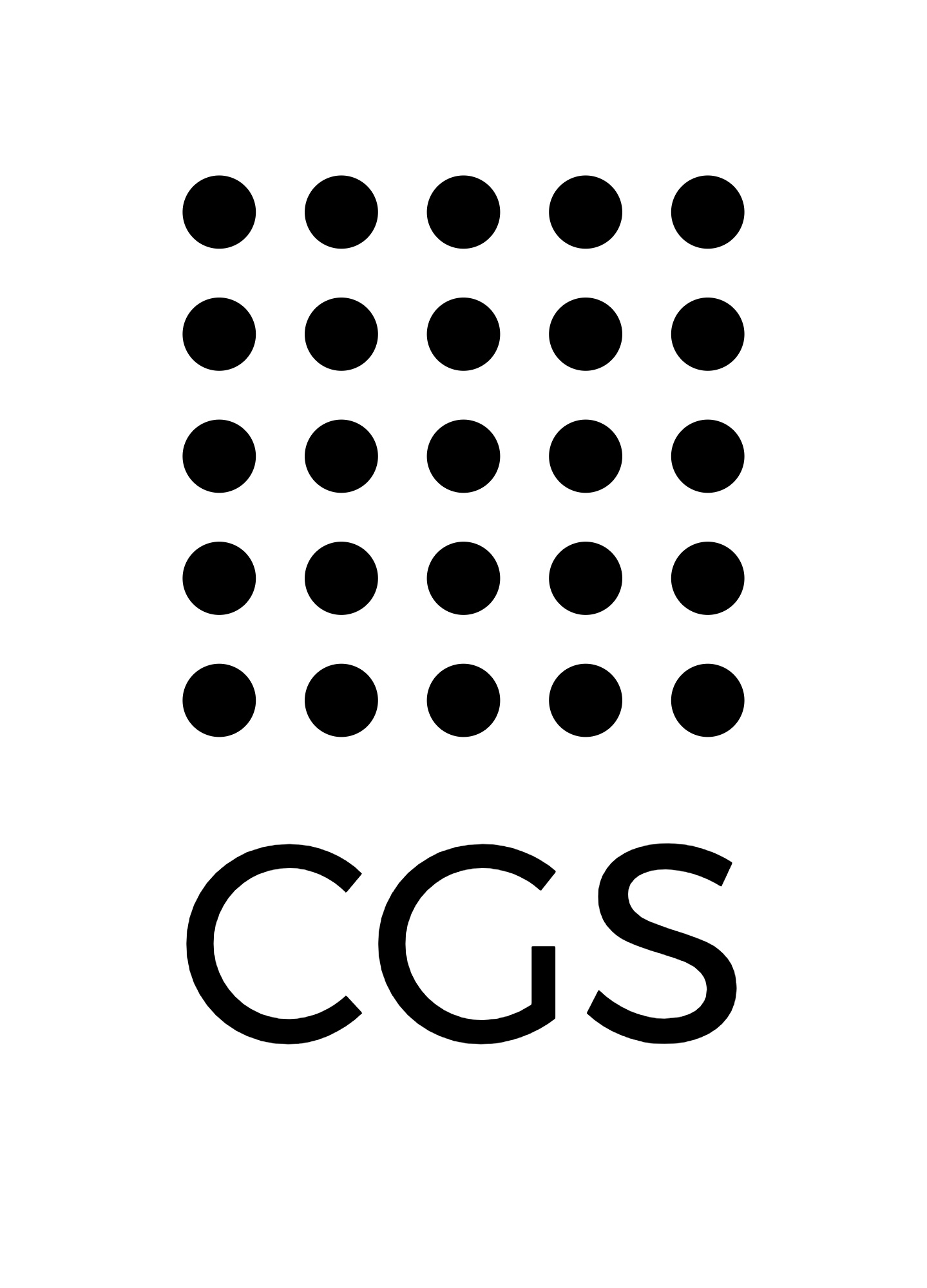Social policy: Medical Assistance in Dying
MAiD
Our main project was a presentation to our class regarding a specific piece of social policy. Our group chose to analyze the 2016 changes to Canada's Criminal Code that allows for Medical Assistance in Dying. We wanted to understand how it came about, and to see where it might go in the future based on the experiences of other jurisdictions. It was a challenging project as it required the class to flex our social work ethical muscles, particularly that of enabling clients to act with self-determination, to support them when we may not agree with their choices. It's so hard to know in advance how we would personally choose to act when our turn at end-of-life comes, but knowing this option exists is, in and of itself, a relief for many, whether they use it or not.
Thanks to co-authors & co-presenters Nicole M., Beckham Ronaghan, & Eugenie Steyn for being such a wonderful team to work with!
Many of my fellow students came into our Advanced Social Policy course with reluctance. Policy may sound boring and dry, but almost every aspect of modern life is affected by policy. Dr. Lea Caragata did an extraordinary job of engaging everyone in the class, ensuring we understood the turning points in Canadian policy history that made the lives we live today possible: from health care, to transit, to education, employment, the social safety net, and on.
It was particularly relevant to understand this history as we evaluate our candidates for the upcoming provincial election, and to be able to understand the way in which ideology affects policy development affects people. At its core, it's about what we believe to be our responsibilities to each other as part of communities and society. While it's hard to see when our administrative domains have become so large and abstract, we can hear underlying ideological viewpoints even in stump speeches.
Some candidates believe life is essentially a competition between equal individuals and families, with an us vs. them, winner-takes-all mentality. Those who fail, fail because of moral weakness, or a lack of effort, be the failed an individual, or a culturally or racially-distinct group of people. The job of government is to get out of the way of this great competition, to step in only to help the morally deserving who have fallen through the cracks.
At the other end, there are candidates who believe that not everyone starts the race of life at the same starting line, and that those who have more to overcome to even advance to the starting line deserve community support. That the role of government is to step in and provide the elements of life that the market can't, or won't, or perhaps shouldn't, provide. That people are essentially good, and that a lot of what we see as bad behaviour is in fact a way of coping with disadvantage.
I find myself explaining this to my kids a lot, when they see divisive political rhetoric, and are thinking how they might want to vote one day. I ask them, which kind of a society would you prefer to live in, I wonder?
______
Our main resource for this course was the following excellent textbook. It's not just for social workers -- it's a great introduction to how policy gets made at all levels of governments and organizations.
McKenzie, B., & Wharf, B. (2016). Connecting policy to practice in the human services (4th ed.) Toronto, ON: Oxford University Press.

